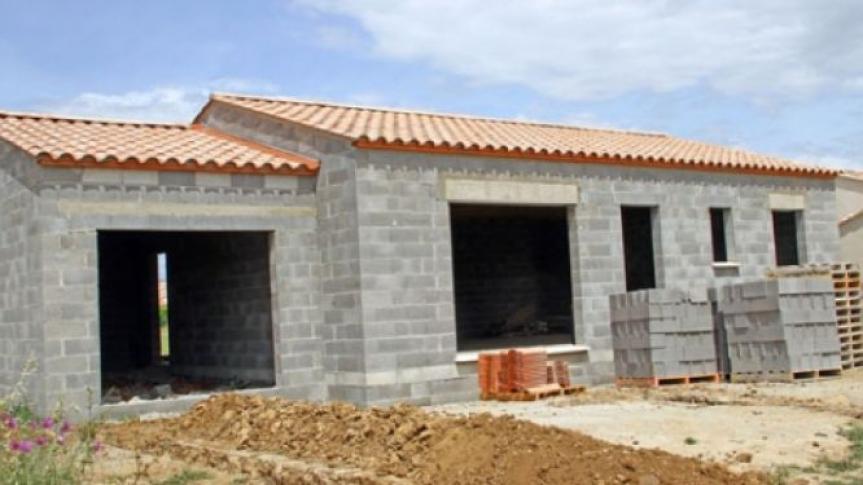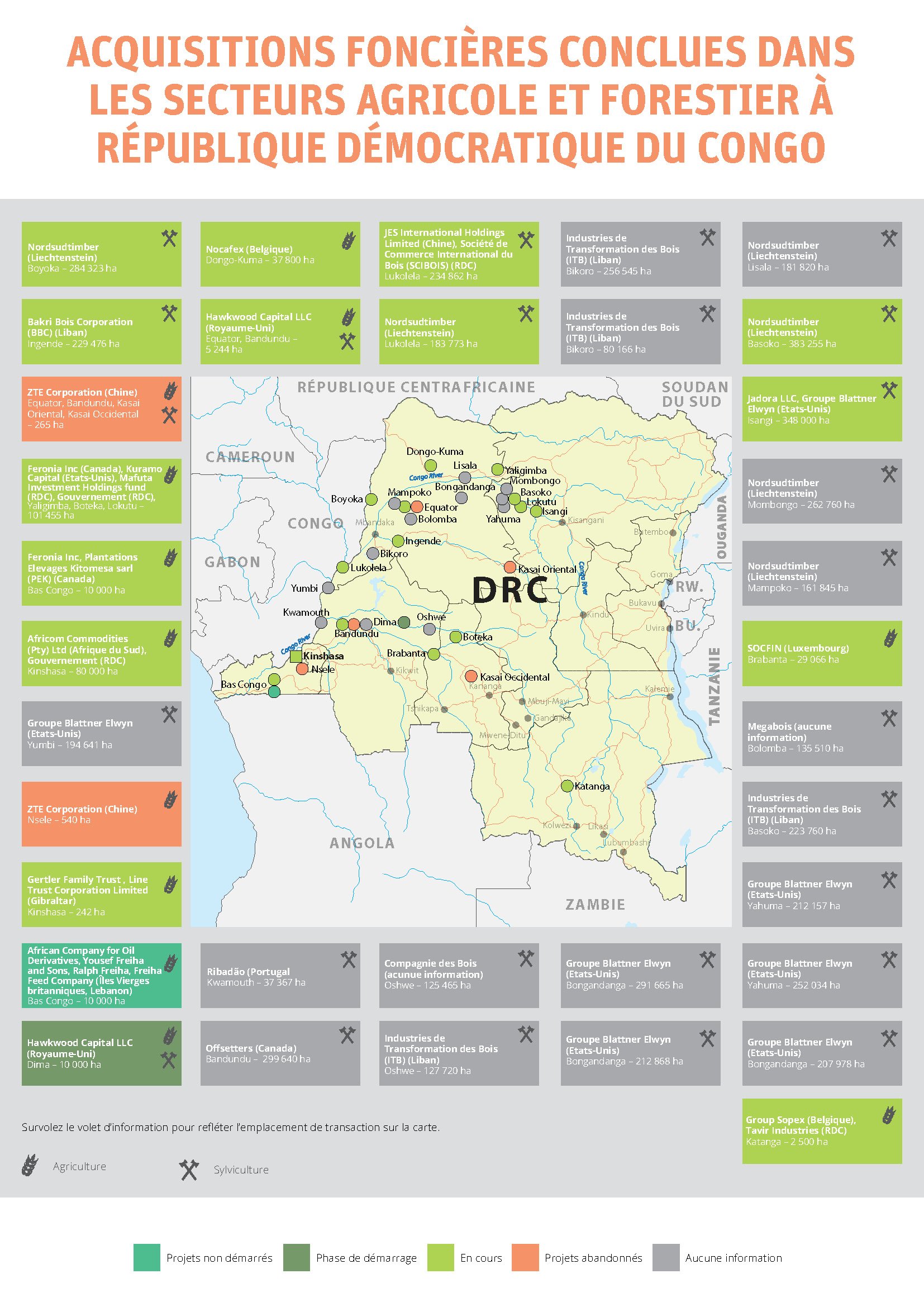Fit-For-Purpose Land Administration
The current solutions to delivering land administration services have very limited global outreach; 75 percent of the world's population do not have access to formal systems to register and safeguard their land rights. The majority of these are the poor and the most vulnerable in society and without any level of security of tenure they constantly live in threat of eviction.





